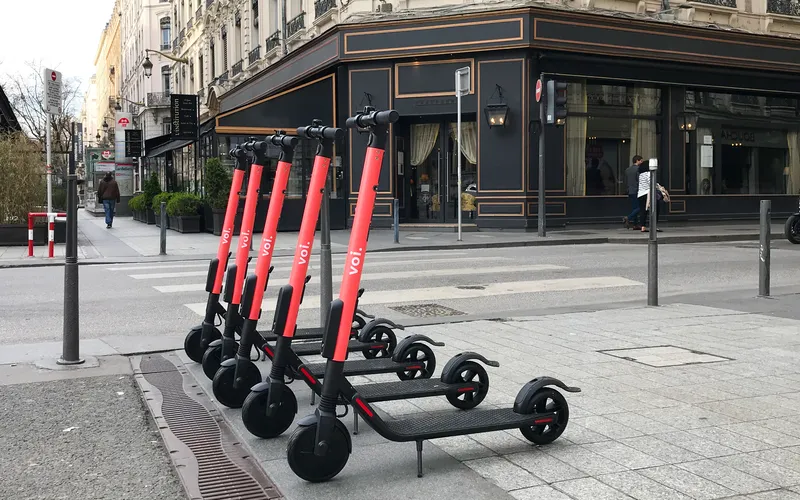
Telematics provider Webfleet Solutions and non-government organisation Justdiggit have launched a tool to help fleet customers offset carbon dioxide (CO2) emissions.
The initiative builds on a partnership focused on landscape restoration projects in Africa in which Webfleet aims to offset carbon emissions from its supply chain and facilities.
Wessel Koning, business development and partnerships director at Justdiggit, says: “With this new simple tool, companies can – in one minute – see what is needed to offset their carbon emissions and empower nature and people in Tanzania.”
Webfleet Solutions says the Green Your Fleet platform allows customers to calculate an estimate of their annual CO2 emissions based on their fleet size and vehicle types.
The calculator is built with data from Webfleet's fleet management software, considering the average fuel consumption and mileage values. The tool generates the amount required to offset the fleet’s carbon emissions, the company adds.
According to Webfleet, this is based on Justdiggit’s calculations of the indicative average costs of reducing one tonne of CO2 by re-greening dry lands in Tanzania.
Customers who receive this information can choose to join the programme.
The platform also shows how many square metres will be re-greened, how many trees will be brought back and how much water will be saved.
Webfleet CEO Thomas Schmidt says the company's fleet management solution already helps customers “reduce their fuel consumption and carbon emissions by up to 25%”.
“The Green Your Fleet platform gives the opportunity to go even further and become part of our re-greening programme with our trusted partner Justdiggit,” Schmidt adds.










